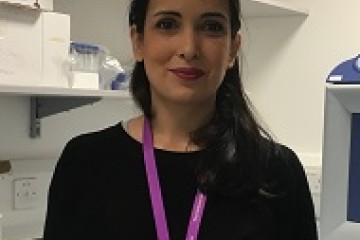Fellowship
Development of new experimental models to understand the genetic basis of allergic bronchopulmonary aspergillosis

At a glance
Completed
Award date
January 2017 - April 2019
Grant amount
£118,325
Principal investigator
Dr Sara Gago
Institute
University of Manchester
R
- Replacement
Read the abstract
View the grant profile on GtR
